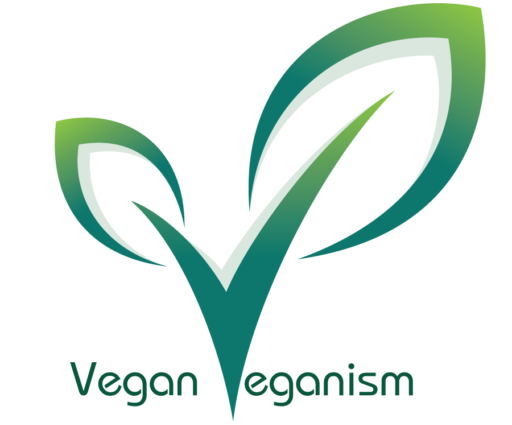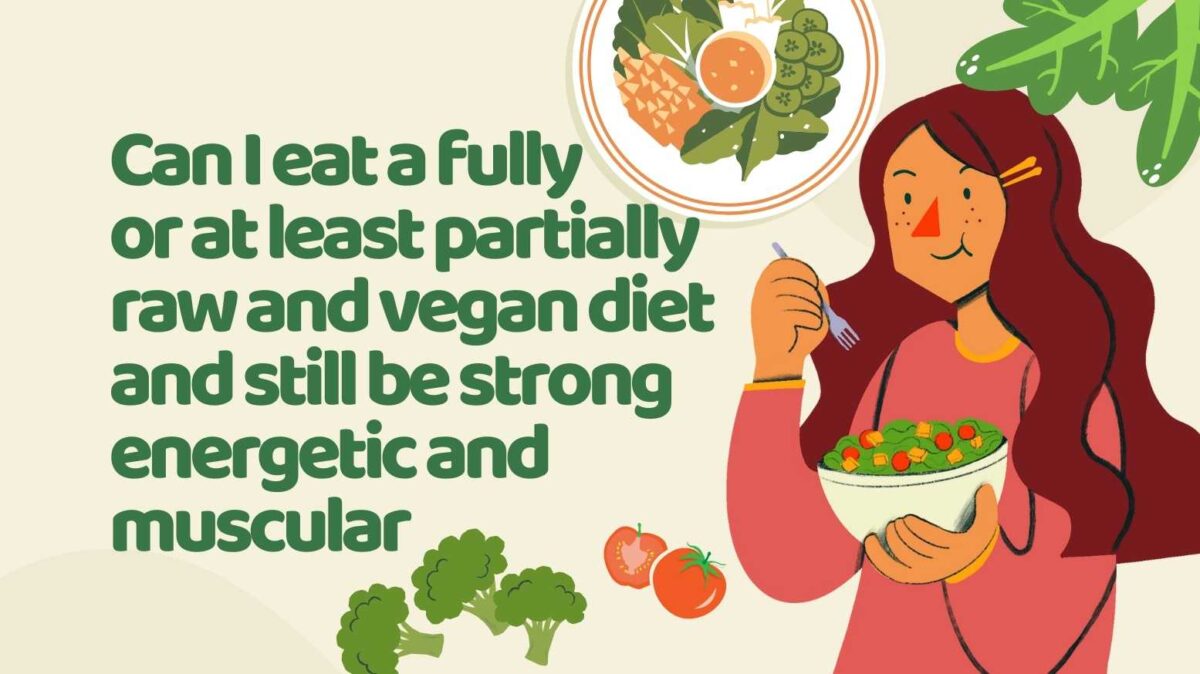The raw vegan lifestyle, while praised for purported advantages such as better digestion, more energy, and clearer skin, raises doubts about how well it aligns with the demands of sports for muscle growth and strength. This in-depth investigation will cover the benefits, obstacles, and tactical methods for achieving success when pursuing physical prowess with a fully or mostly raw and vegan diet.
What are the advantages of a raw vegan diet?
Abundant Nutrients
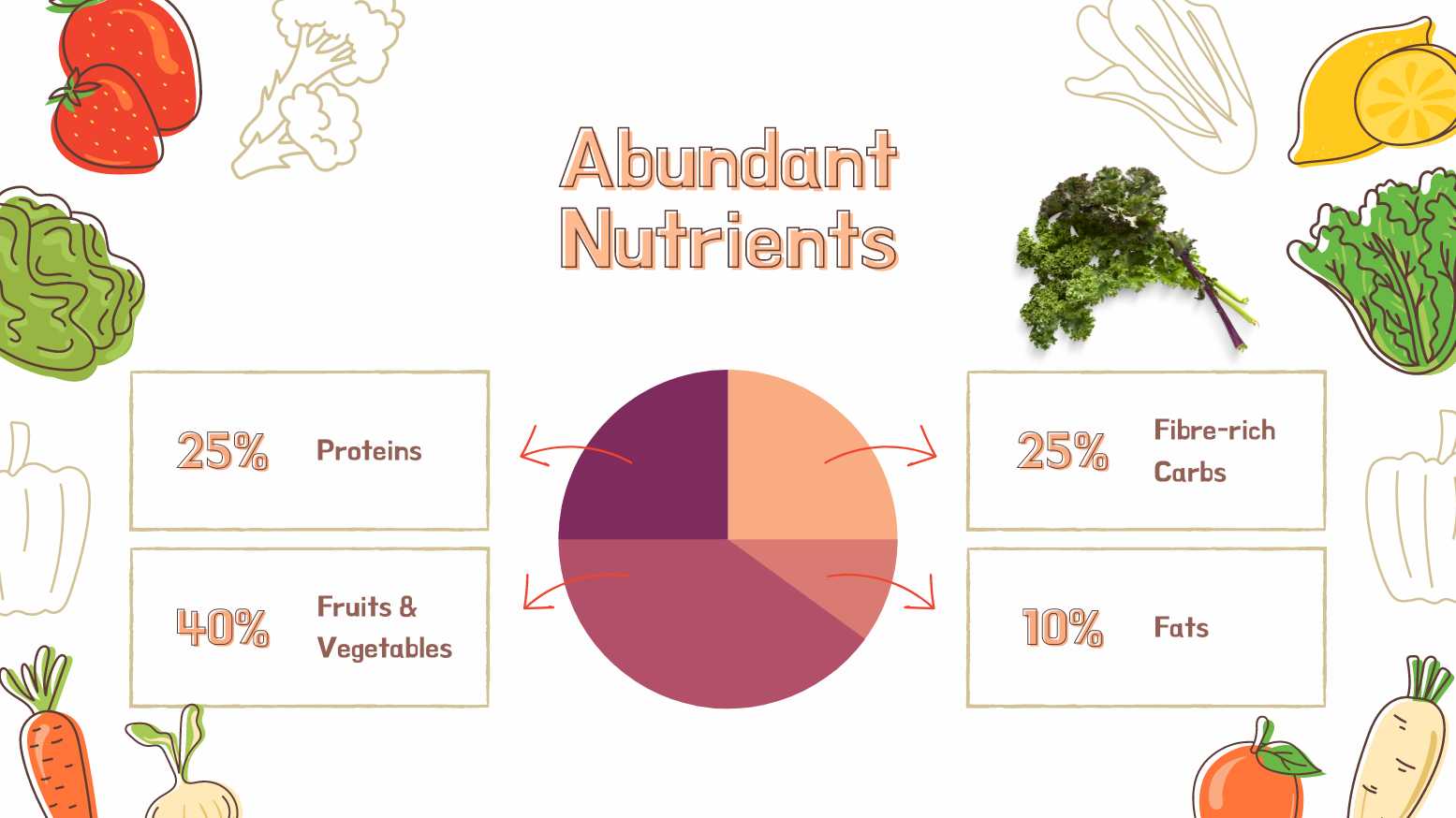
Strong sources of vital vitamins, minerals, fiber, and antioxidants are highlighted in raw fruits, vegetables, nuts, and seeds. This raises the question of whether the combination of these nutrient-dense foods promotes general health as well as the energy levels required for peak sports performance.
Better Digestion
The statement highlights how raw meals high in fiber and enzymes can help with digestion. The next section of the topic investigates the potential impact of this better digestion on athletes’ ability to absorb nutrients and use energy more efficiently. It explores the relationship between the total energy profile of those who are physically active and the effectiveness of their digestive system.
Reduced Inflammation
Regarding plant-based diets’ anti-inflammatory qualities, the statement notes many research indicating its advantages for healing and sports performance. The second query is to ascertain how this decrease in inflammation particularly affects people who follow a raw vegan diet. It inspires investigation into how, in the particular setting of a raw vegan diet, reducing inflammation may affect recuperation and enhance overall athletic ability.
What are the health concerns of being a raw vegan?
Protein Concerns
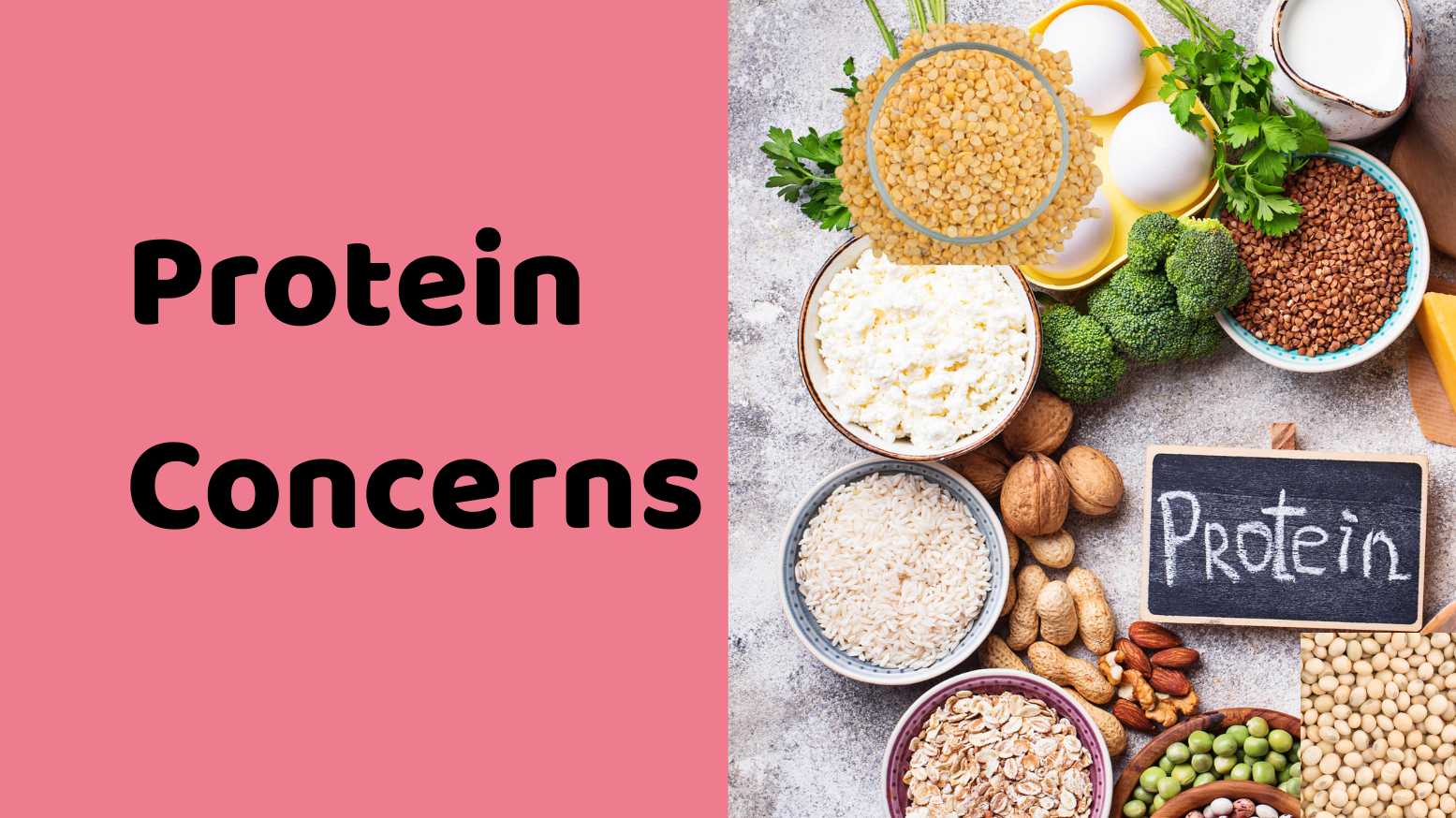
The section on “Protein Concerns” lists plant-based protein sources such as legumes, nuts, and seeds, but it also stresses that careful planning is necessary to ensure adequate intake, especially for athletes. The following query examines the extent to which careful preparation and possible supplementation can alleviate the issue of athletes not getting enough protein from their plant-based diet, while also recognizing the particular difficulties that come with using plant-based protein sources.
Calorie Density
The problem presented by raw foods—which are lower in calories than cooked foods—is covered under the “Calorie Density” section, particularly for those who want to gain muscle. The purpose of the following inquiry is to investigate the best ways to manage this discrepancy in calorie density to guarantee an adequate energy intake that promotes muscle growth.
It makes one think about how to get around the problem of raw foods having a reduced calorie density with muscle-building goals.
Vitamin B12
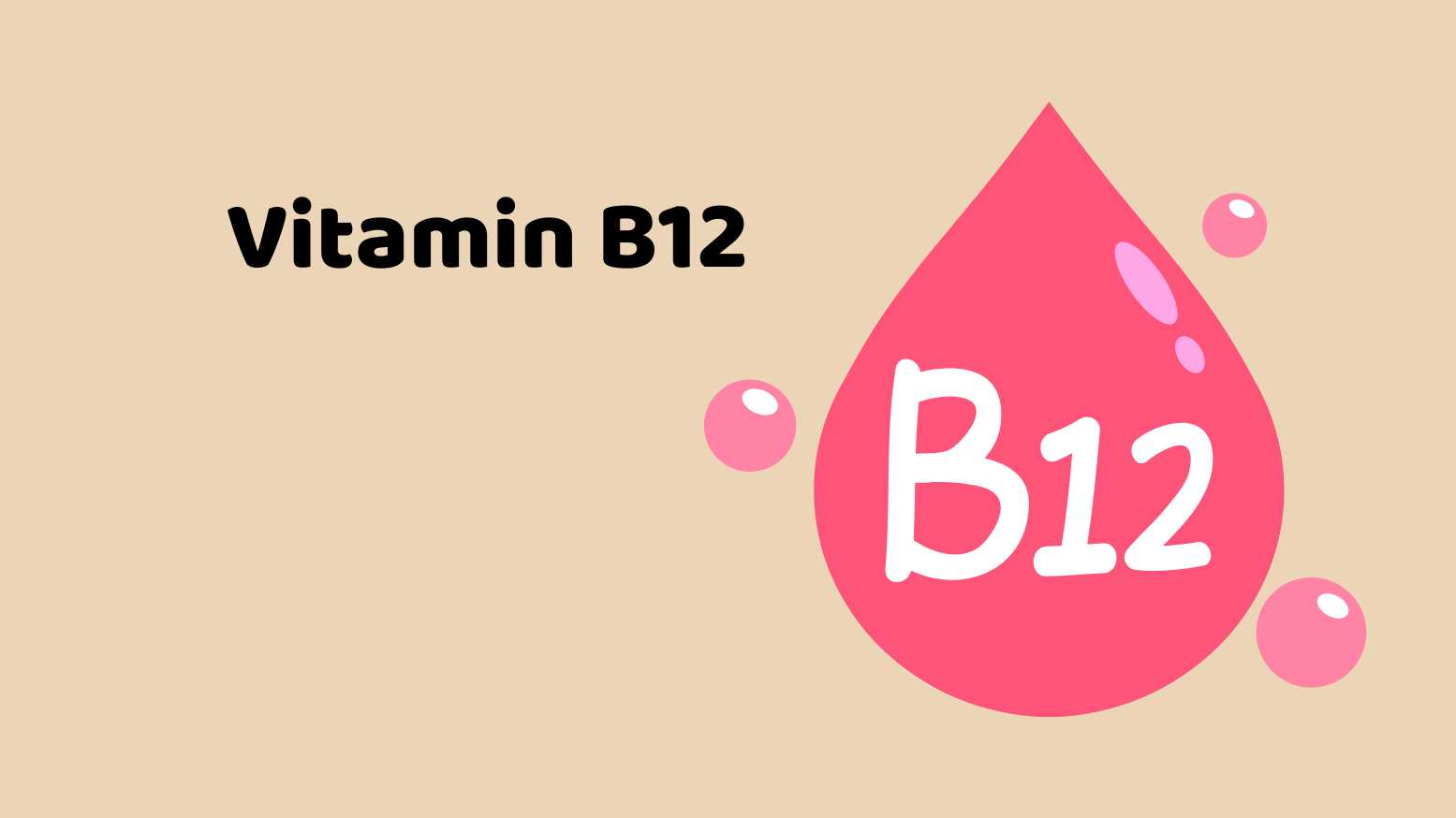
Regarding vitamin B12 deficiency in plant-based diets for raw vegans, the story acknowledges the need for supplementation. The question that follows explores the significance of this supplementation and how vital it is for people who are committed to a raw vegan lifestyle to be able to sustain their energy levels.
It also begs the question of how vitamin B12 supplementation contributes to energy maintenance, considering its critical involvement in energy production processes, especially for raw vegans.
What are the strategies for a successful vegan diet?
Increase Calorie Intake
The focus of “Increase Calorie Intake” is on including raw foods high in calories, such as nuts, seeds, avocados, dried fruits, and healthy fats. The practical question that follows deals with how people can efficiently monitor their intake to make sure they fulfill the increased energy requirements that come with physical activity. It makes one think about methods for precisely tracking and modifying caloric intake when following a raw vegan diet.
Prioritize Protein
Under “Prioritize Protein,” the story emphasizes the value of a variety of protein sources, including tempeh, sprouted nuts and seeds, legumes, lentils, and plant-based protein powders. To satisfy the specific protein requirements of athletes who follow a raw vegan diet, the next question explores how to effectively prioritize various protein sources.
It encourages research into methods to guarantee that athletes consume an ideal and diverse amount of protein from plant-based sources.
Supplement Wisely
The section on “Supplement Wisely” highlights the need to speak with medical specialists before taking supplements that may include reduced levels of B12, iron, zinc, and other nutrients if a raw vegan diet is followed. The question that follows explores how much nutritional shortages can be filled in within the special parameters of a raw vegan diet through thoughtful supplementation.
It invites reflection on the function of targeted supplementation in meeting certain nutrient requirements and enhancing general health.
Strength Training
Regarding “Strength Training,” the story claims that the secret to promoting muscle growth is to combine a well-thought-out strength training regimen with a raw vegan diet. The next query delves into how these components can cooperate to improve sports performance. It makes one think about how nutrition and exercise programs interact to produce the best possible outcomes for muscular growth and general athletic ability.
Individualized Approach
Under “Individualized Approach,” the story emphasizes how crucial it is to work with a registered dietitian who specializes in plant-based diets to develop a customized strategy.
The next inquiry explores how a customized strategy helps to meet the unique requirements and objectives of people who are adopting a raw vegan diet. It makes people think about how customized diet programs might help raw vegans succeed and be satisfied with their trip.
Real-World Examples
Athletes and bodybuilders like Victoria Moran, Rich Roll, and Brendan Brazier are highlighted in the final section, “Real-World Examples,” as examples of how a raw vegan lifestyle may support ambitious physical objectives and high-performance levels.
How might their experiences encourage and direct others on this special nutritional journey? is the question that follows. It makes one think about the useful knowledge and lessons that may be drawn from the success stories of those who lead healthy, raw vegan lifestyles.
Careful preparation, steadfast commitment, and a customized strategy are essential when trying to gain muscle mass, energy, and power on a raw vegan diet. A thoughtful raw vegan lifestyle can be a unique and possibly successful path for athletes and fitness fanatics if they are prepared to overcome obstacles, fill up nutritional gaps, and prioritize vital ingredients.
Success requires paying attention to the body, changing course as necessary, and getting expert advice. Even though there are obstacles, a carefully planned raw vegan diet becomes an effective choice for anyone looking for overall health, strength, and muscle growth.
You may also like:
- Can a raw food vegan actually get fat
- Will my skin get clear through raw vegan eating
- What is it like to be a raw vegan
FAQs
1. What are the key advantages of adopting a raw vegan diet for individuals pursuing strength, energy, and muscle development?
The raw vegan lifestyle offers benefits such as better digestion, increased energy, and clearer skin. This FAQ explores how these advantages align with the demands of sports, specifically focusing on muscle growth and strength.
2. How do abundant nutrients in raw fruits, vegetables, nuts, and seeds contribute to general health and energy levels for peak sports performance?
Delving into the nutritional aspect, this question addresses the significance of nutrient-dense foods in promoting overall health and sustaining energy levels required for peak sports performance.
3. Can improved digestion, facilitated by raw meals high in fiber and enzymes, enhance athletes’ nutrient absorption and energy efficiency?
This FAQ explores the potential impact of improved digestion on the efficiency of nutrient absorption and energy utilization, specifically examining its relevance to athletes pursuing muscle development.
4. In what ways does a raw vegan diet, known for its anti-inflammatory qualities, affect inflammation levels and overall athletic ability?
Investigating the anti-inflammatory properties of plant-based diets, this question focuses on understanding how a reduction in inflammation may enhance recuperation and improve overall athletic performance within the context of a raw vegan lifestyle.
5. How can careful planning and potential supplementation address protein concerns, especially for athletes on a raw vegan diet?
This FAQ explores strategies for ensuring adequate protein intake for athletes, emphasizing the importance of meticulous planning and potential supplementation to overcome challenges associated with plant-based protein sources.
6. What are effective methods for managing the calorie density disparity in raw foods to ensure adequate energy intake for muscle growth?
Shifting to the practical aspects, this question addresses the challenge presented by the lower calorie density of raw foods, focusing on strategies to guarantee sufficient energy intake for individuals aiming to gain muscle.
7. How vital is vitamin B12 supplementation for sustaining energy levels in individuals committed to a raw vegan lifestyle, and how does it contribute to energy maintenance?
Focusing on the essential role of vitamin B12, this FAQ explores the significance of supplementation for sustaining energy levels, especially for raw vegans, and delves into its critical involvement in energy production processes.
